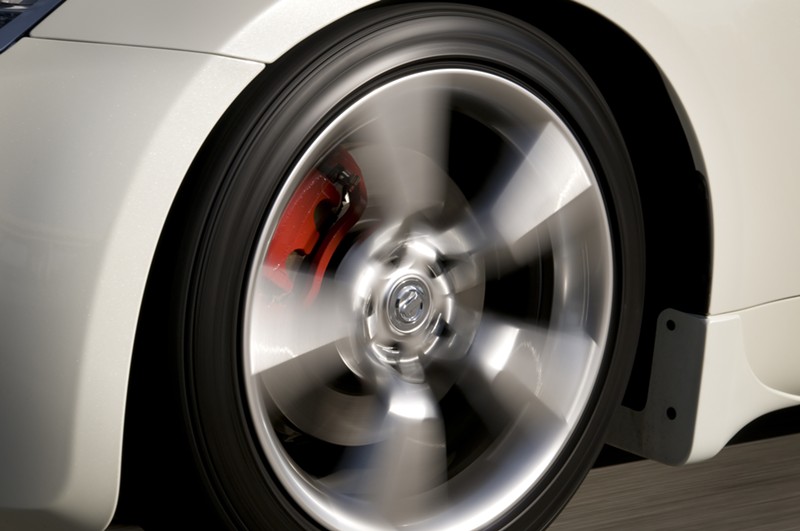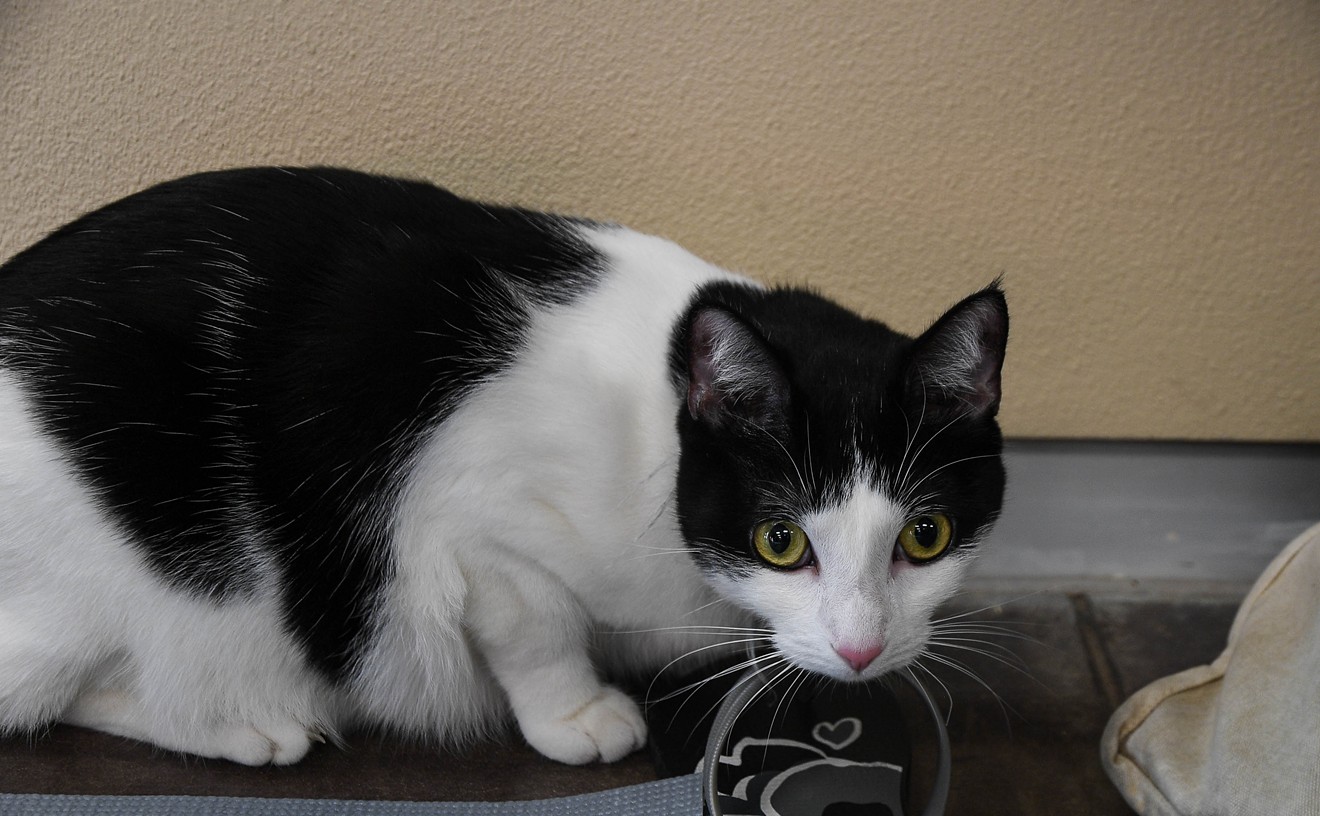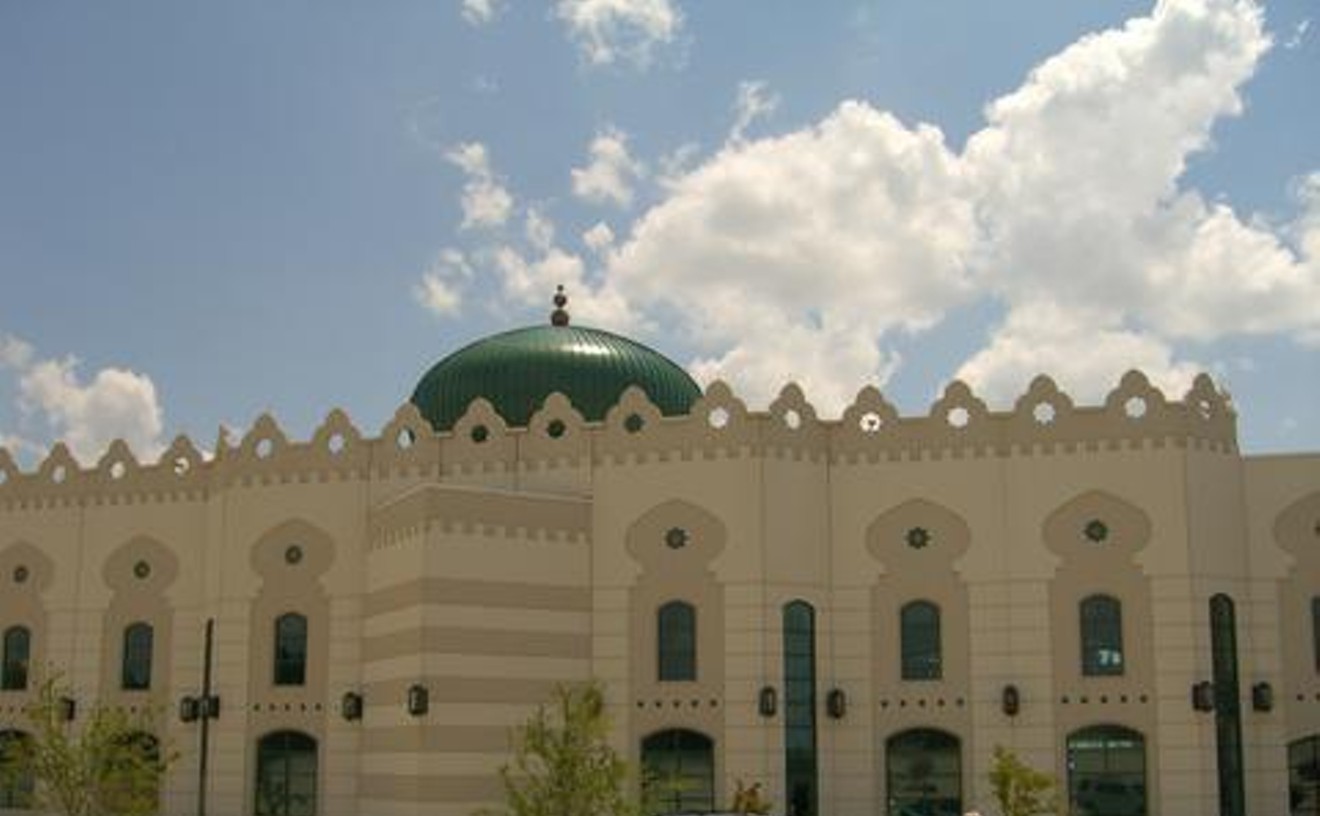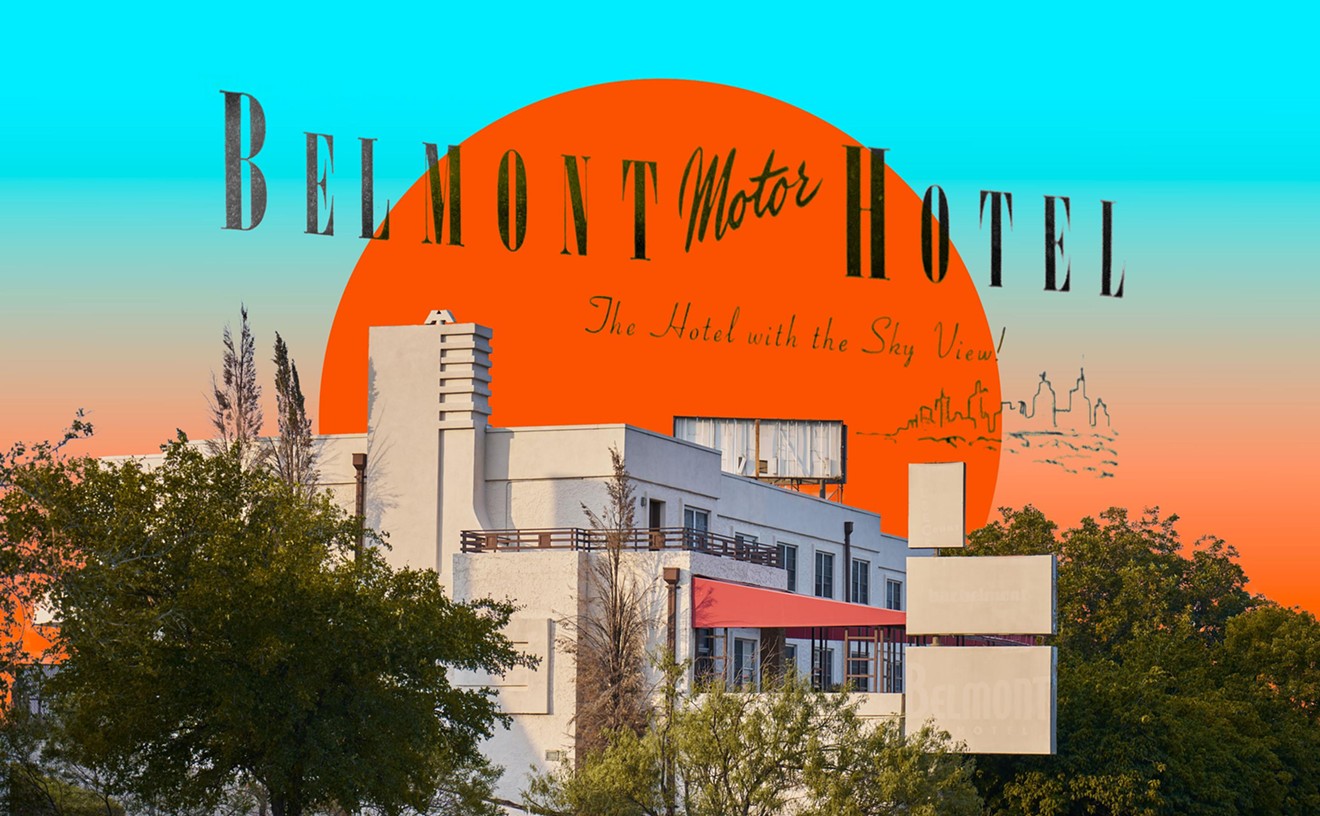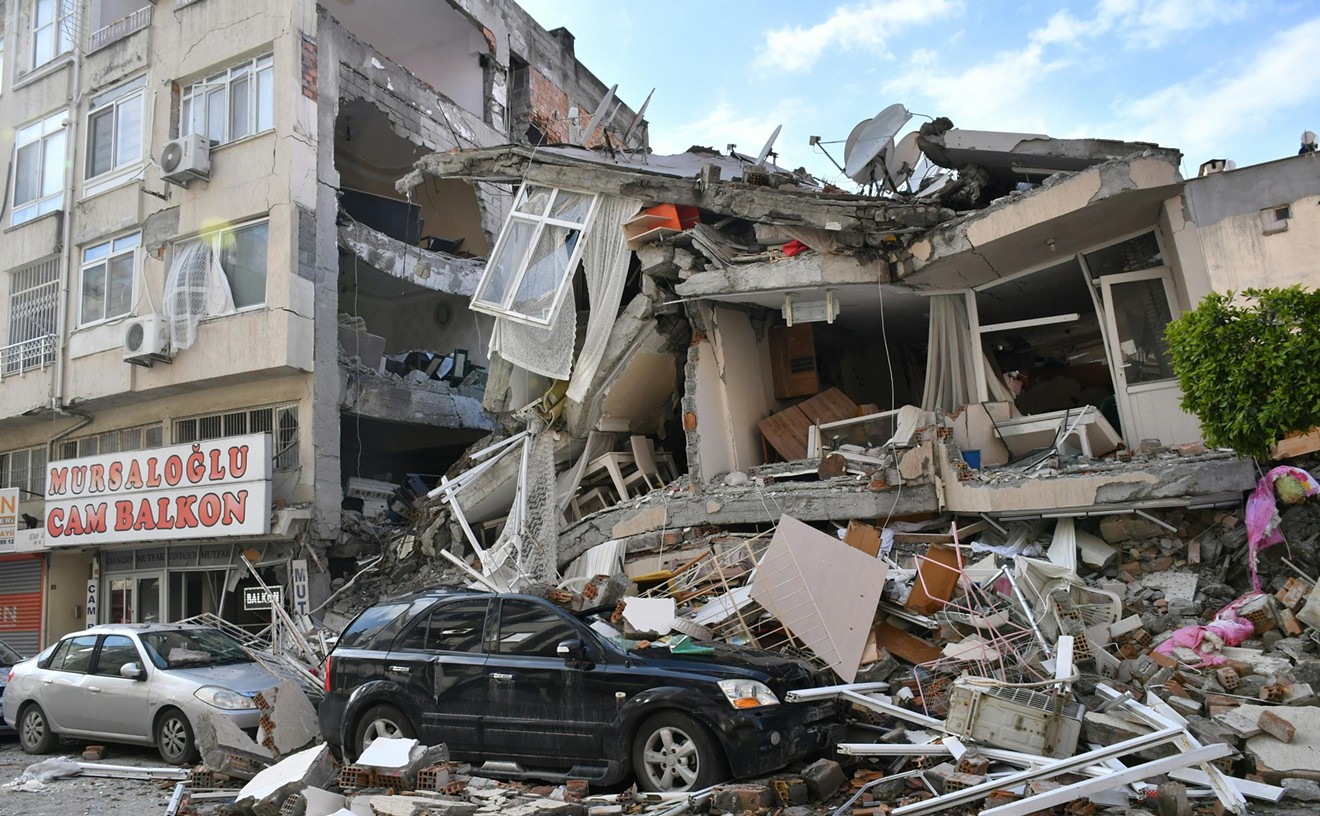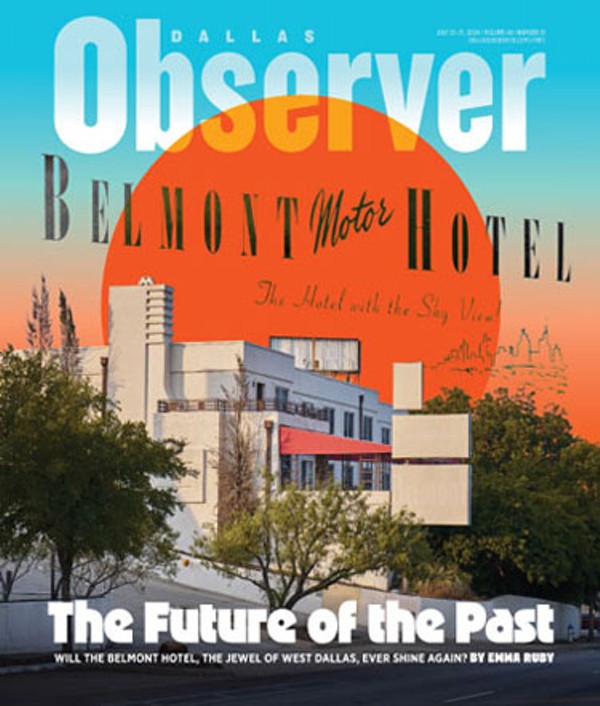Earlier this month, City Council spitballed a few ideas for how Dallas can tap the brakes on its street-racing problems. Some suggested redesignating street racing calls from priority 2 to priority 1. The Dallas Police Department says this is a bad idea.
DPD sent out a memo last week advising against change because it would make enforcement more dangerous. Priority 1 calls require an eight-minute response time, as well as high-risk driving. The department also said making street racing priority 1 would hurt their response times.
Street-racing calls were changed from priority 4 to priority 2 in an ordinance passed in May. DPD says this has been successful. The department has been able to cut response times for street racing calls down to 18 minutes, still slower than the 12-minute time required under priority 2.
The priority 1 designation is usually reserved for emergency calls about major life-or-death incidents. In these circumstances, the response necessitates putting the officer and public in danger.
But City Council member David Blewett says some of these racing incidents are life-or-death scenarios.
For example, Anga Sanders, president of the Kiest Forest Estates Neighborhood Association, told the City Council that on two occasions, cars ended up in her yard. One of them came within just a few feet from her bedroom wall.
In response to DPD’s memo, Blewett met with the department, according to Fox, and was assured that the most dangerous of these calls would be designated as priority 1.
“We're gonna have to come up with a better way to get there faster,” Blewett pleaded to his fellow council members.
Dallas Police Association President Mike Mata also recognizes that street racing can be life-threatening.
“Everybody thinks it’s just people out on the weekend having a good time. The problem is when they kill somebody,” Mata says. “Then they’re gonna look at the police department and say ‘Why didn’t you do something? Why didn’t you stop this?’”
Still, Mata doesn’t think redesignating the calls is the answer. Instad, he said the department needs to raise the costs for those caught racing. “We need to make the cons a much bigger risk than the pros,” he said. “It will always go back to ‘Is it financially profitable for them to do this activity?’”
Mata said the department shouldn’t just be arresting people, handing out citations and temporarily impounding cars, only to be given back to street racers after they pay a $200 fine. The department should be seizing the vehicles as criminal nuisances, which would allow them to hang on to them for longer and make it more costly for the owners to get their cars back.
During an update on Dallas’ street-racing enforcement earlier this month, some council members questioned why the department wasn't seizing vehicles. This is because the current street racing ordinance makes it hard to do so, Mata said. It's almost like playing bingo, trying to match up all the criteria to have a vehicle declared a nuisance.
Under the law, a car must be used in a street race or driven recklessly. On top of that, the driver or passenger at the time of the violation must be the owner, an immediate family member of the owner or live at the same address as the owner; and, the driver or passenger must have used the vehicle in a previous racing incident, used the vehicle in a street-racing event that resulted in property damage or bodily injury, have a previous misdemeanor conviction for fleeing or attempting to elude the police, have a previous conviction for reckless driving, or have a misdemeanor or felony conviction for racing on the highway.
According to DPD, out of the hundreds of vehicles they've impounded for racing this year, no individual has met all of the criteria necessary to have their vehicle seized. "Correct the ordinance," Mata said. "Make the ordinance to where it defines that vehicle as the instrument of a crime."
According to DPD, around 2,000 street racers are out on any given weekend in Dallas, more participants than ever, and often several events are taking place at the same time across the city.
[
{
"name": "Air - MediumRectangle - Inline Content - Mobile Display Size",
"component": "18855504",
"insertPoint": "2",
"requiredCountToDisplay": "2",
"watchElement": ".fdn-content-body",
"astAdList": [
{
"adType": "rectangle",
"displayTargets": "mobile"
}
]
},{
"name": "Editor Picks",
"component": "17105533",
"insertPoint": "4",
"requiredCountToDisplay": "1",
"watchElement": ".fdn-content-body",
"astAdList": [
{
"adType": "rectangle",
"displayTargets": "desktop|tablet"
},{
"adType": "rectangle",
"displayTargets": "desktop|tablet|mobile"
}
]
},{
"name": "Inline Links",
"component": "18349797",
"insertPoint": "8th",
"startingPoint": 8,
"requiredCountToDisplay": "7",
"maxInsertions": 25
},{
"name": "Air - MediumRectangle - Combo - Inline Content",
"component": "17105532",
"insertPoint": "8th",
"startingPoint": 8,
"requiredCountToDisplay": "7",
"maxInsertions": 25,
"watchElement": ".fdn-content-body",
"astAdList": [
{
"adType": "rectangle",
"displayTargets": "desktop|tablet"
},{
"adType": "rectangle",
"displayTargets": "desktop|tablet|mobile"
}
]
},{
"name": "Inline Links",
"component": "18349797",
"insertPoint": "8th",
"startingPoint": 12,
"requiredCountToDisplay": "11",
"maxInsertions": 25
},{
"name": "Air - Leaderboard Tower - Combo - Inline Content",
"component": "17105535",
"insertPoint": "8th",
"startingPoint": 12,
"requiredCountToDisplay": "11",
"maxInsertions": 25,
"watchElement": ".fdn-content-body",
"astAdList": [
{
"adType": "leaderboardInlineContent",
"displayTargets": "desktop|tablet"
},{
"adType": "tower",
"displayTargets": "mobile"
}
]
}
]

